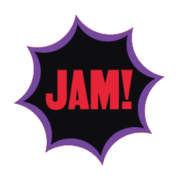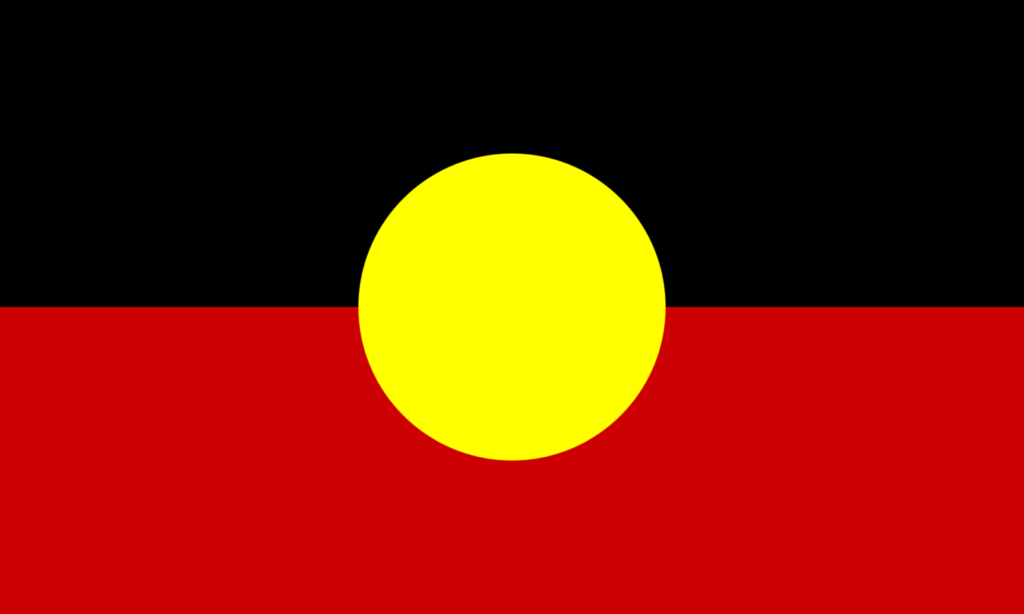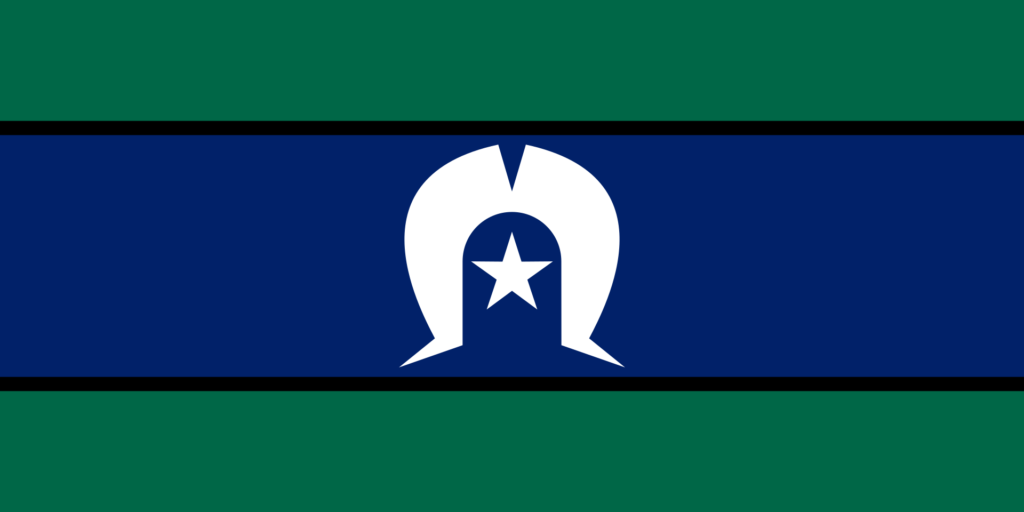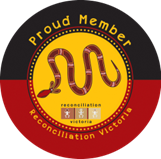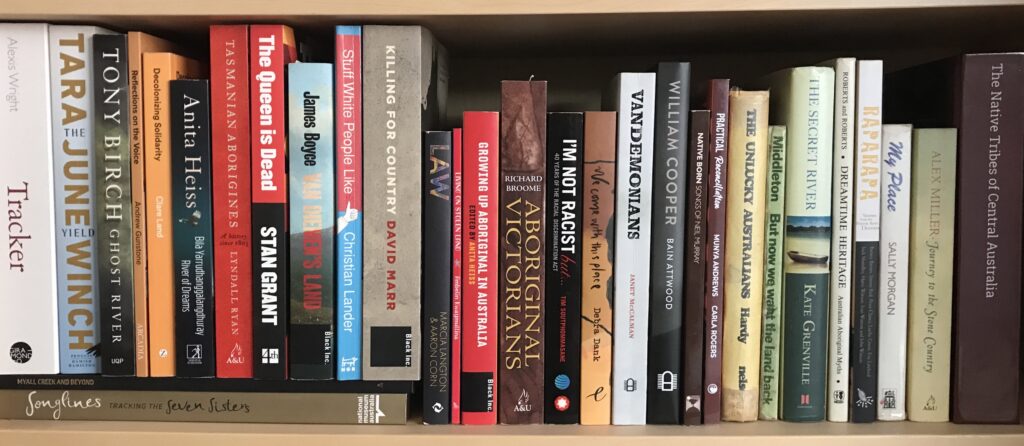
The Bookshelf
Allyship & Decolonisation
1. Working as allies: Qualities for being an Ally (pdf) + Other resources for Allies (webpage) – Jen Margaret, AWEA.
2. Contemporary Anti Colonial Self Determination Claims and the Decolonisation of International Law (pdf) – Amy Maguire, UN.
3. Decolonisation is not a Metaphor (pdf) – Eve Tuck and Wayne Yang.
4. Decolonisation and the Pacific (book) – Tracey Banivanua Mar.
5. Decolonising the Mind (book) – Ngigi Wa Thiongo.
6. Decolonising Solidarity (book & site) – Dr Clare Land.
7. Where do you fit? Tokenistic, ally – or accomplice? (webpage) or Listen to the recording (recording) – Dr Summer May Finlay, Crokey Health Media.
8. Being an Ally to First Nations People (webpage) – University of Technology, Sydney.
9. How to be an Indigenous Ally (webpage) – Reconciliation NSW.
10. White Privilege: Unpacking the Invisible Knapsack (pdf) – Peggy McIntosh, Sovereign Union.
11. Identifying White Race Privilege (pdf) – Jenny Tannoch-Bland.
12. White Fragility 2018 (book) – Robin DiAngelo.
13. Protocols for Non-Indigenous People Working with Indigenous Knowledge (pdf) – IKSLabs, Deakin Uni, AIME, Indigenous Commons.
14. Resources List (pdf) – Bridge Darebin.
15. Practical Reconciliation 2020 (book) – Munya Andrews and Carla Rogers.
16. How to be a Better First Nations Ally (pdf) – Seedmob
17. Whose Land is it Anyway? A Manual for Decolonization (pdf) – P McFarlane & N Schabus
History & General
1. Aboriginal Victorians, 2nd Ed 2005 – Richard Broome.
2. The Years of Terror Banbu-Deen: Kulin and Colonists at Port Phillip 1835-1851, 2023 – Marguerita Stephens with Fay Stewart-Muir.
3. Aboriginal Australians, 5th Ed 2019 – Richard Broome.
4. The Biggest Estate on Earth: How Aborigines Made Australia, 2011 – Bill Gammage.
5. Dark Emu: Black Seeds: Agriculture or Accident?, 2014 – Bruce Pascoe.
6. William Cooper, 2021 – Bain Atwood.
7. The Journey Cycles of the Boonwurrung: Stories with Boonwurrung Language, 2008 – Dr N’arweet Carolyn Briggs.
8. Another Day in the Colony, 2021 – Chelsea Watego.
9. The White Possessive: Property, Power & Indigenous Sovereignty, 2023 – Aileen Moreton-Robinson.
10. Sand Talk, 2023 – Tyson Yunkaporta.
11. Foster Father & Son or Slavemaster & Slave, 2024 – Davina B Woods.
Henry Reynolds
Henry Reynolds is an Honorary Research Professor, Aboriginal Studies Global Cultures & Languages at the University of Tasmania and one of Australia’s best known historians.
1. The Other Side of the Frontier, 1981 – Aboriginal resistance to the European invasion of Australia.
2. The Law of the Land, 1987 – Reassessment of legal and political arguments used to justify European settlement of Australia.
3. Dispossession, 1989 – Black Australians and white invaders.
4. With The White People, 1990 – The crucial role of Aborigines in the exploration and development of Australia.
5. Fate of a Free People, 1995 – A radical re-examination of the Tasmanian wars.
6. Frontier, 1996 – White Australia’s encounter with the Aborigines on Australia’s moving frontier.
7. Aboriginal Sovereignty, 1996 – Three Nations, One Australia?
8. This Whispering in Our Hearts, 1998 – A history of humanitarian struggle for a fair and just Australia.
9. Why Weren’t We Told?, 1999 – A personal search for the truth about our history.
10. Nowhere People, 2005 – A history of beliefs about people of mixed race, both in Australia and overseas.
11. Drawing the Global Colour Line, 2008 – White Men’s Countries and the International Challenge of Racial Equality.
12. Forgotten War, 2013 – Calls for the principle of ‘lest we forget’ to include all Australians who died in defending their country, including Indigenous people.
12. Unnecessary Wars, 2016 – The Boer war influence on the place of war in Australian society.
13. Tongerlongeter, 2021 – First Nations Leader & Tasmanian War Hero (with Nicholas Clements).
Stan Grant
Stan Grant FASSA is an Australian journalist, writer and radio and television presenter, since the 1990s. He has written and spoken on Indigenous issues and his Aboriginal identity. He is a Wiradjuri man.
1. Talking to My Country, 2016 – An extraordinarily powerful and personal meditation on race, culture and national identity.
2. With the Falling of the Dusk, 2021 – A deeply powerful, poetic and compelling book on the challenges facing our world.
3. Murriyang, Song of Time, due 2024 – Murriyang is a Wiradjuri prayer in one long uninterrupted breath, challenging Western notions of linear, historical time in favour of Indigenous concepts.
4. Australia Day, 2019 – The indigenous struggle for belonging and identity in Australia, and what it means to be Australian.
5. The Queen is Dead, 2019 – An urgent, undeniable and righteous demand for justice, for a reckoning, and a just settlement with First Nations people.
6. The Tears of Strangers, 2002 – A family memoir charting the political and social changes of Aborigines over the past 40 years.
7. On Identity, 2019 – Why does identity demand a choice between black and white? Tribalism, nationalism and sectarianism are dividing the world into us and them.
First Knowledges
1. Songlines, 2020 – Lynne Kelly and Margo Neale.
2. Design, 2021 – Alison Page and Paul Memmott.
3. Country, 2021 – Bill Gammage and Bruce Pascoe.
4. Astronomy, 2022 – Karlie Noon and Krystal De Napoli.
5. Plants, 2022 – Zena Cumpston, Michael-Shawn Fletcher and Lesley Head.
6. Law: The Way of the Ancestors, 2023 – Marcia Langton and Aaron Corn.
7. Innovation: Knowledge and Ingenuity, 2023 – Ian J McNiven, Lynette Russell.
